Research vs Experience in Classroom Practice
Update June 2023: Since writing this article there has been an exponential increase in the amount of evidence-informed practice in schools the EEF is increasingly used to determine approaches and inform training. My NPQH was almost fully focused on EEF and Ofsted evidence and guidance.
Research and Experience in Classroom Practice
Cast your mind back to those heady days as an NQT (now that would be an ECT) filled with the words of wisdom of Vygotsky and Piaget, if you went 10 minutes without saying kinesthetic you would never make the grade (This was 2007). How many times since then have you turned to a research paper or study when implementing changes or strategies in your classroom?
I am writing this blog because of a twitter exchange during #behaviourchat where an experienced teacher was told her tried and tested approach was nonsense because it wasn’t backed up by research, in fact her view is supported by peer-reviewed research but I only know this because I researched it for this blog.
Keeping Up With Research
Whilst you may not read research journals you most likely keep abreast of changes to pedagogical thinking and approaches. There are many books, newspapers and educational magazines that will disseminate research. Countless blogs are written daily by people keen to share their great ideas and things that have worked for them. This is experience, dispatches from the chalkface (this term should really be updated, I propose now using The Learning Interface, but suggestions are welcome!). Not research but experience, experience built on the foundation of hours of planning, trying, adapting, trying again, reflecting and so on.

Everything about our classroom is a decision we have made, if the desks are set up a certain way it is either because we put them like that or we decided (consciously or unconsciously) that they were fine as we found them. Now I may stray into the SEN field here, if we put up displays it is because we know our students like looking at their work, if we choose bare walls it is because we know our students get distracted or overwhelmed by the visual stimuli. I have got this wrong in the past and had to strip the classroom back to make it a calmer less stimulating environment. My current room is in the middle, with 4 large simple displays and otherwise bare walls. Why? Because it works, no students are reacting badly. Now this is all experience not research. No one has conducted research on it with these students, my students so I cannot say that either approach is supported by research (it has been the subject of a study but not in depth.)

Now People cleverer than me may have done research on classroom environments in teaching Autistic students (of course too many to list here) but they haven’t done research on teaching my class. These are my students, they show empathy, make eye contact, and seek affection. Generally ignore the rules regarding how they should present (they haven’t read the research).
Borrowing and Trialling Ideas.
So when I or another teacher says an approach, strategy or idea works with my students I will listen and borrow ideas, adapt them as needed or bin them if they don’t work. I won’t question if someone, somewhere with some other students has researched it. I don’t know if playing bowling on the Wii at lunchtime has been proven to reduce challenging behaviour in the afternoons, but I know for 1 student it did, and because of this his experience of school was much more positive and meaningful than it could have been. After a quick google It has been shown to have health benefits and a positive effect on levels of social interaction and joint attention.
I am going to admit I think research is important. I conduct it myself, we record every behavioural incident in detail, including time, who is present, and what happened. I will use this extensive data set, combined with observations and feedback from the students to evaluate my approach. I have recently worked with a postgraduate researcher from our local uni to look at an approach to reduce self-injurious behaviour (it worked).
We also use the TEACCH approach based on research by the University of North Carolina, very successfully with some students, it doesn’t work with all the young people in my class because humans don’t always fit neatly into studies.
Experience vs Research
The wealth of knowledge and expertise we accumulate through our classroom experiences, along with the extensive efforts we invest in establishing strong connections with our students, undeniably grants us the authority to assert our understanding of effective teaching methods. However, this does not prevent us from actively seeking fresh ideas, as even the most exceptional educators would never assert infallibility. Education seamlessly blends scientific principles with artistic finesse. It is perfectly acceptable to inquire and challenge prevailing notions, but it is crucial to refrain from passing judgment until you have immersed yourself in another teacher’s classroom for a full week. Such firsthand experience fosters a comprehensive perspective on the multifaceted nature of teaching.
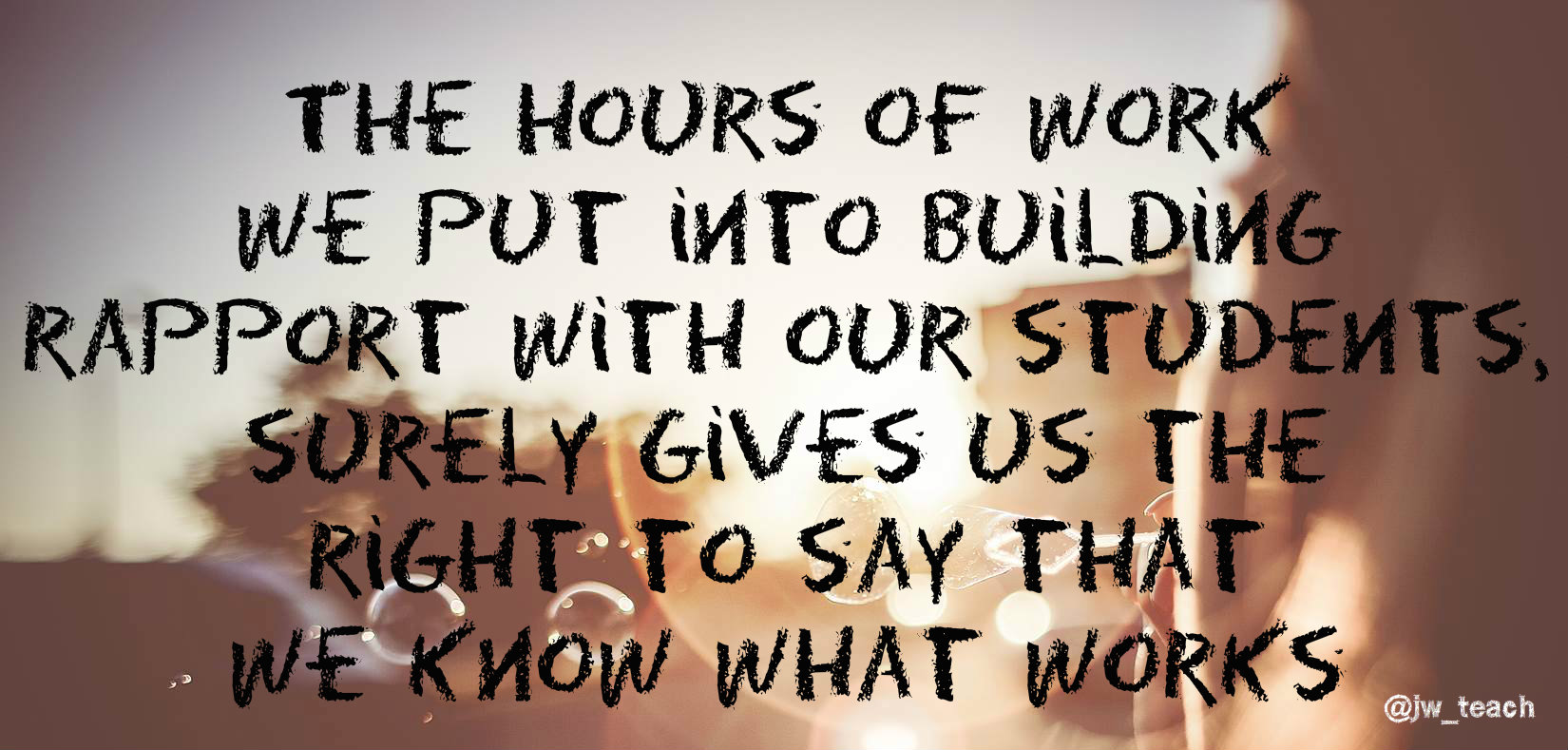

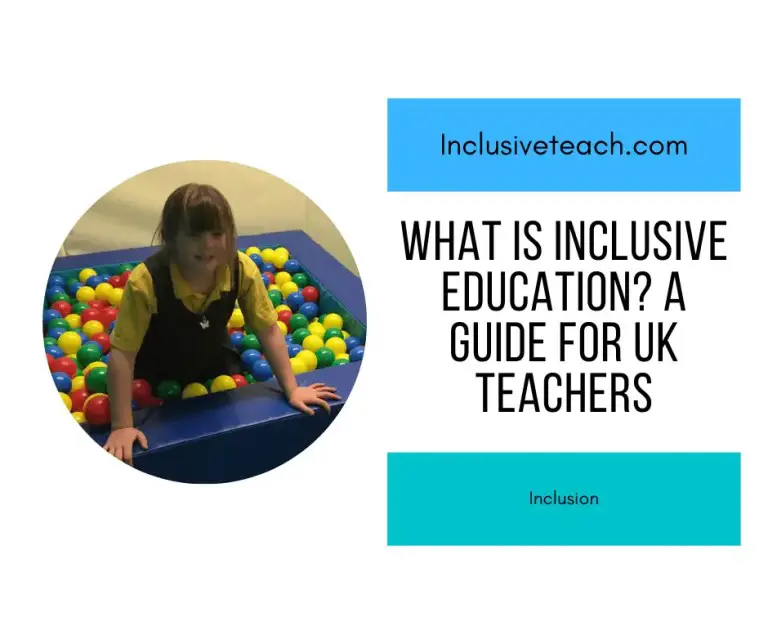
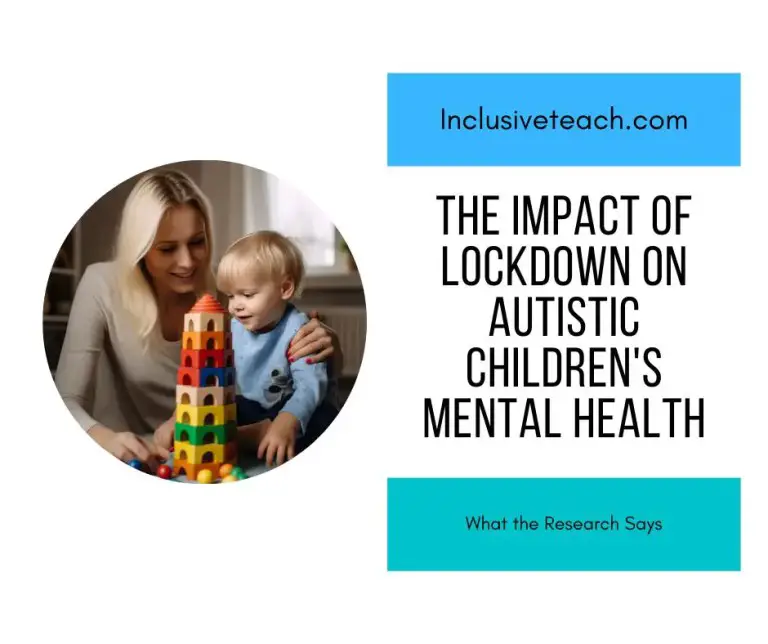
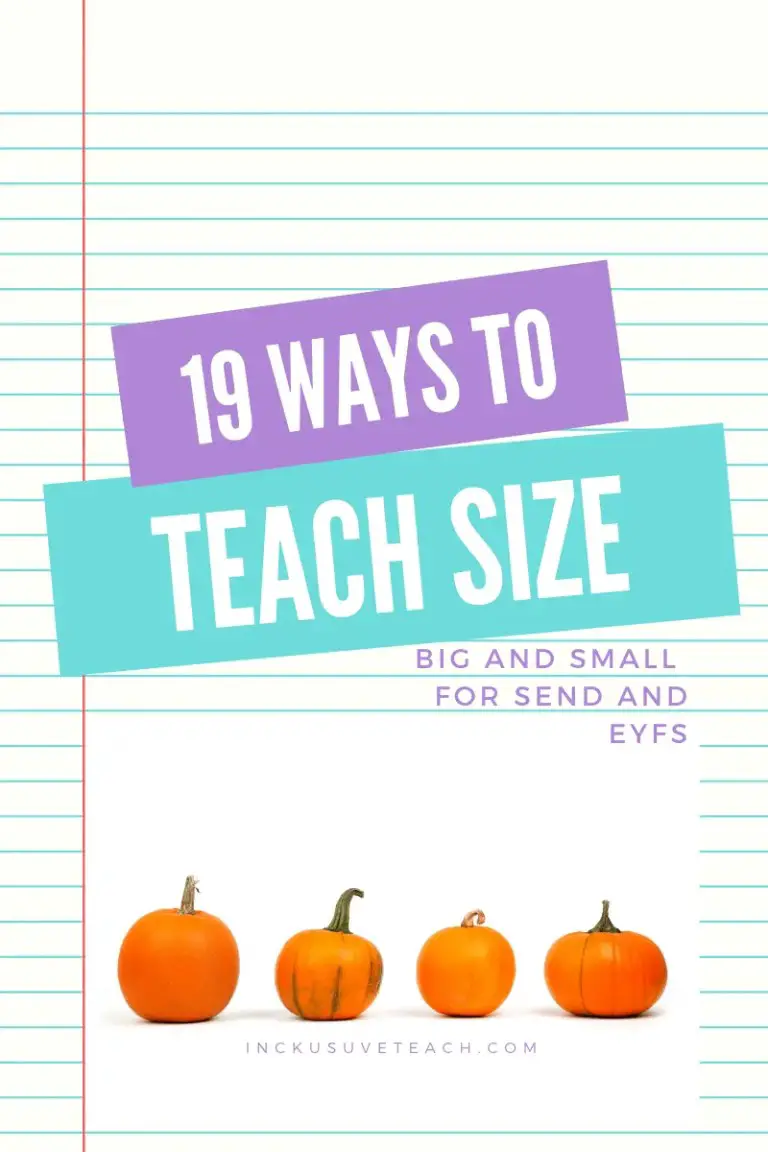
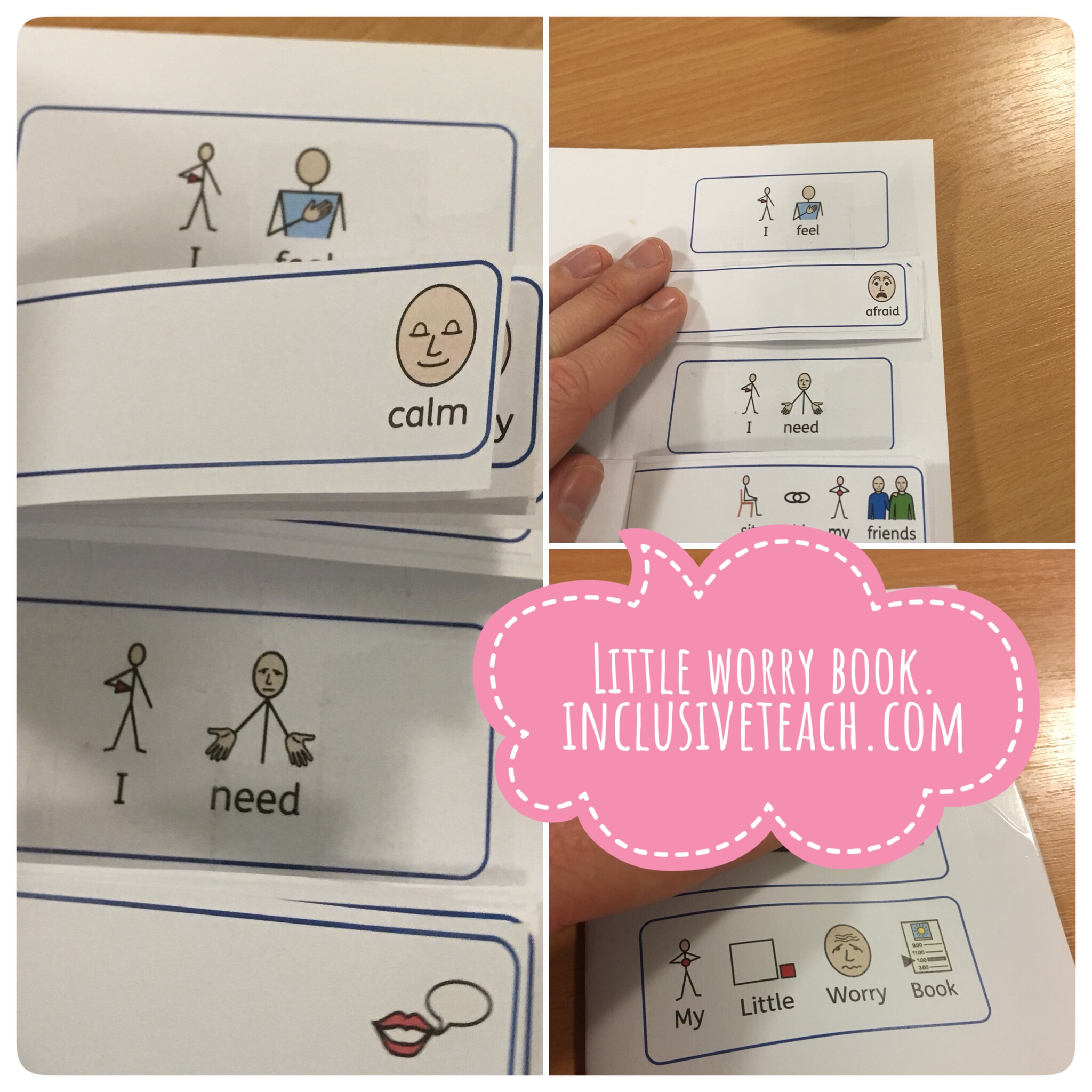
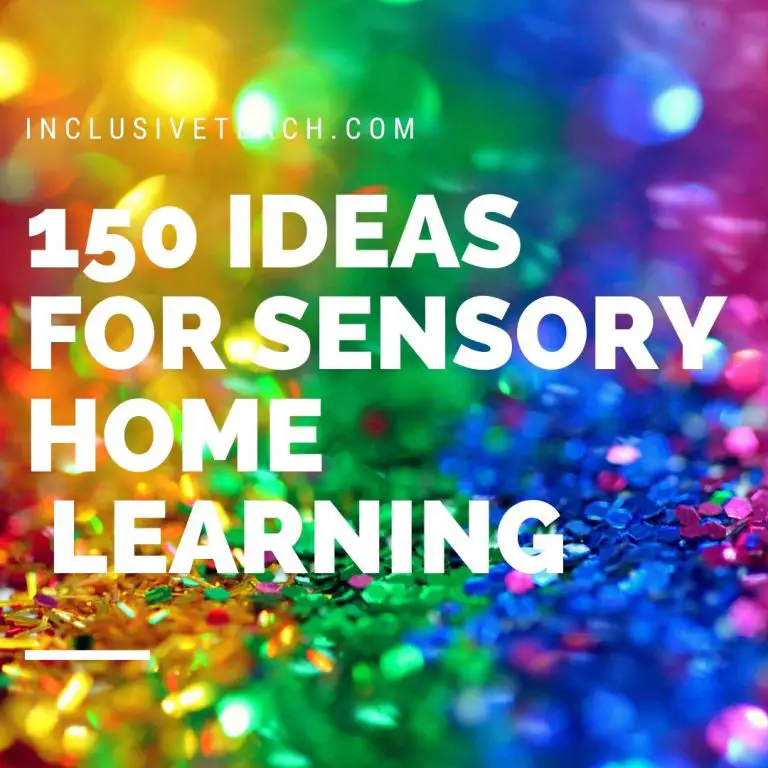
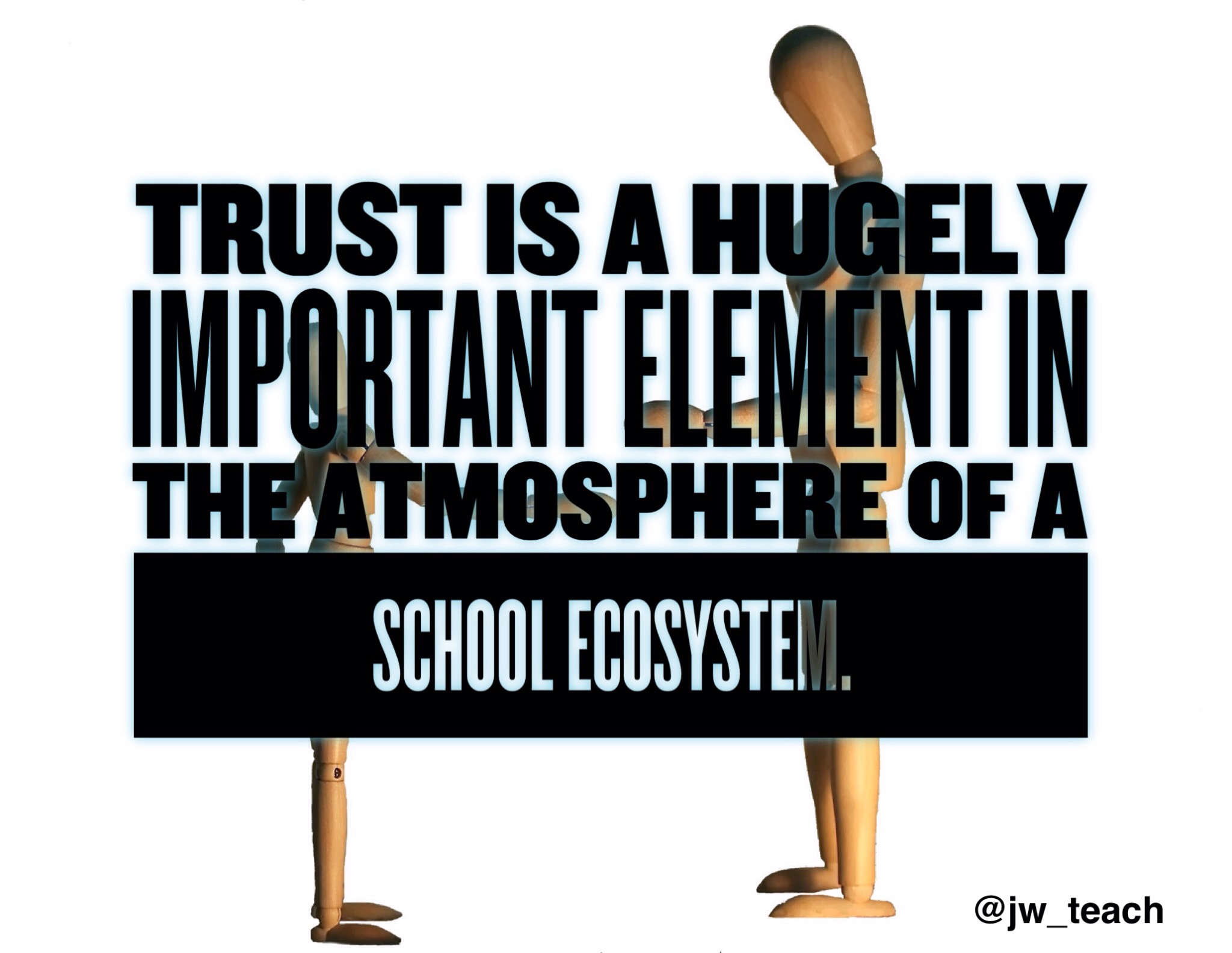
A very good and worthwhile article .. thank you
Thank You for taking the time to read and comment.